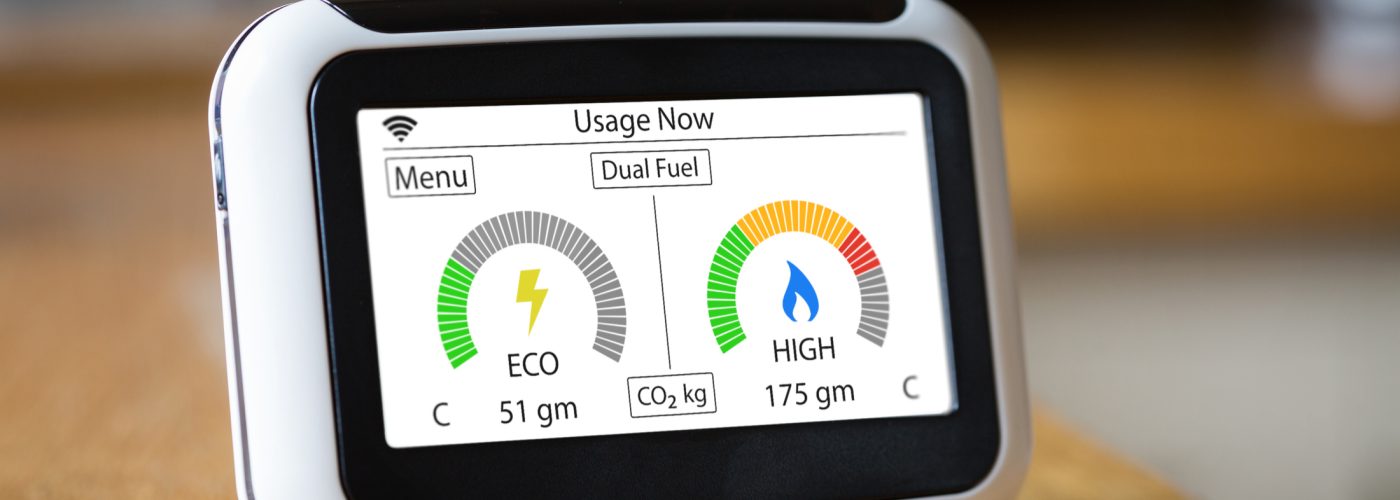Misconceptions around advanced technologies often lead to the emergence of urban legends. This is currently the case for the integration of smart electric meters. Here, Jonathan DiGiacomandrea, applications engineering manager at battery specialist Ultralife Corporation, explains some of the truths behind powering the energy saving devices.
With a global consciousness to reduce carbon emissions, utility companies across the UK are rolling out smart meters in an attempt to help consumers take greater control over their energy consumption. Smart meters provide near real-time energy usage information, which can be closely monitored so that consumers can conserve energy and reduce costs as a result.
This motion is part of the UK Government’s plans to have every eligible home in the UK fitted with a smart meter by 2020. While electricity users will be able to reap the benefits of the modern electrical grid, the introduction of smart meters is expected to save utility companies around £300 million a year, according to research from Which?
Of course, it’s not just the UK investing in smart meters. In 2016, 70.8 million smart meters were installed across the US, but the smart electric meter is currently the most mature in China and accounted for 70 per cent of the total smart meter shipments in 2016. With forecasts expecting this figure to increase across the world, many consumers are concerned over the safety, reliability and functionalities of the devices, particularly for domestic use.
Fears over the safety of smart meters have emerged because of the devices producing a small amount of radio frequency (RF) energy while in operation. Research from the Federal Communications Commission shows that the level of RF emitted by smart meters is below that of mobile devices and so does not hold a significant threat to human health.
Another concern for smart meters is the accuracy of the data recorded. In comparison to traditional analogue meters, which require users to submit the meters readings to the utility company to find out the usage and expenditure, smart electric meters feature their own dedicated and secure communications system. This automatically transmits the information to the utility provider, eliminating the practice of estimated bills.
Smart meters are required to meet stringent regulations before going into service. In fact, manufacturers are expected to supply independently certified testing results, demonstrating that the meter can generate accurate readings. Often, the meters are still subjected to further tests prior to installation by utility companies, to mitigate the chances of a meter that clocks the consumption too fast.
To transmit information back to the utility provider, smart meters require short bursts of power. This means that the batteries installed in the device must support high continuous discharge, offering high-pulse current for wireless and programmable logic controller (PLC), bidirectional transmissions.
In addition to this, manufacturers tend to integrate non-rechargeable batteries into their smart metering applications. This reduces the maintenance required, but means manufacturers require batteries that have a long service life. In comparison to traditional chemistries, Ultralife’s Lithium Manganese Dioxide (Li-MnO2) and Lithium Thionyl Chloride (Li-SOCI2) battery chemistry has proven performance in servicing metering applications for up to ten years.
This increases the reliability and convenience of smart meters but as they work as part of the smart grid, the devices also offer greater efficiency and service to consumers. With the ability to electronically report the location of any power outages, utility providers can quickly locate and restore power to the affected area.
To help overcome the myths surrounding smart meters, manufacturers need to ensure they are employing the most appropriate power sources for their devices. By considering the characteristics needed for smart meter applications, utility companies can offer consumers a simpler method to managing their utility costs and provide more efficient energy as a result.





